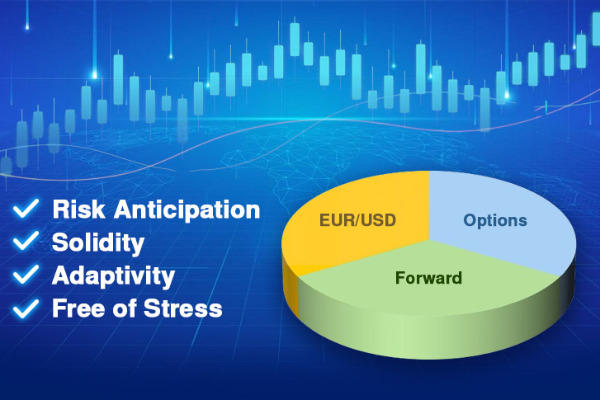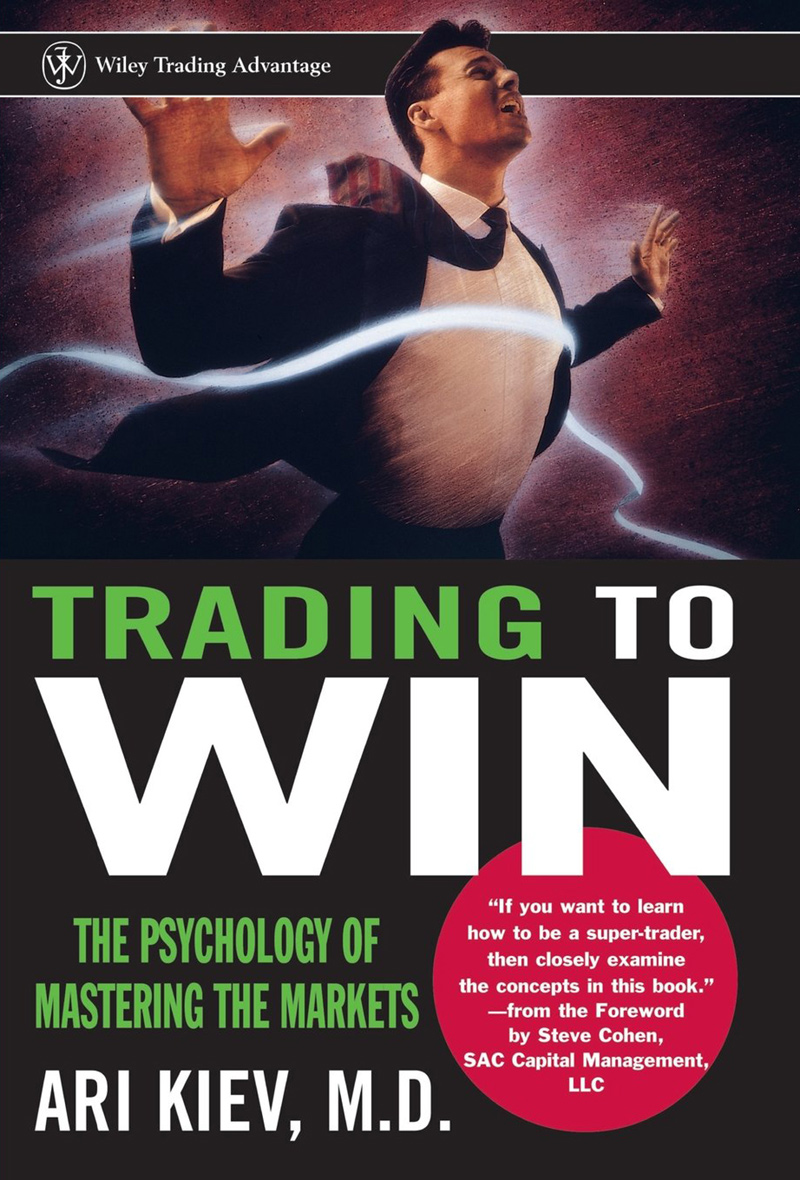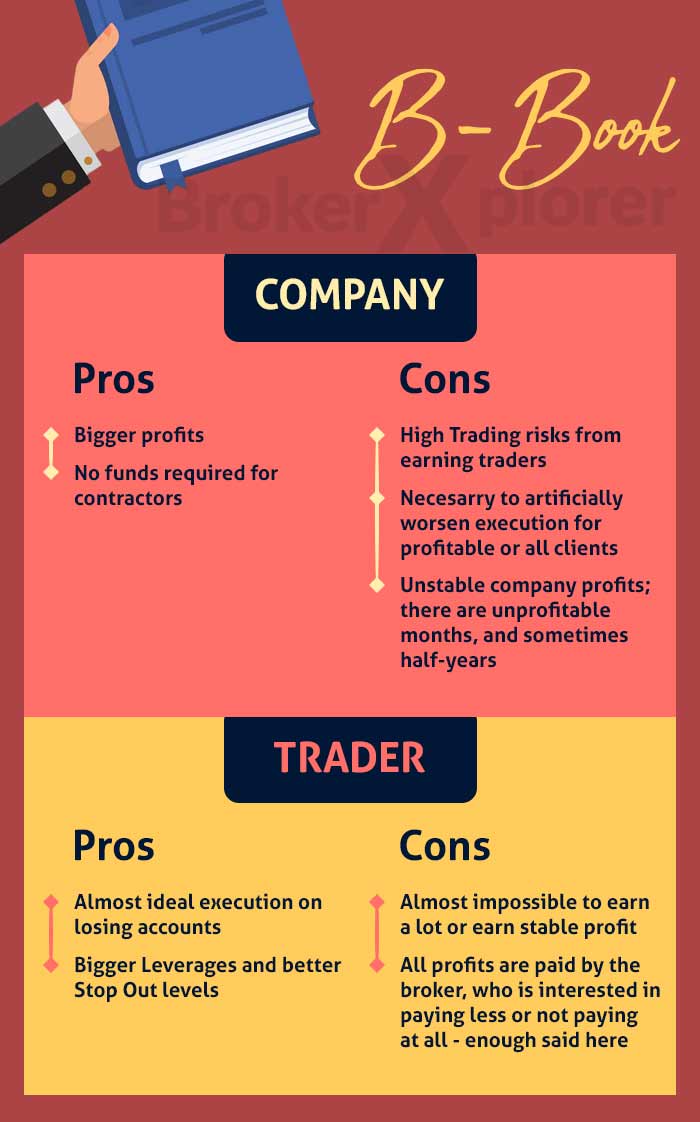To be successful in forex trading, one needs to invest enough time, money, and energy in their trades. But if it's so demanding, is it possible to make forex trading a side job?
The forex market is vast and crowded with plenty of trading opportunities every single day. It is the place where many types of traders from all around the world gather and try to make a profit from the price movements. But while trading can be highly profitable, it can also be complicated and rather time-consuming. Many traders must dedicate a lot of their time and energy to monitor their positions in order to generate considerable returns. More often than not, they also need to stand by in front of the screen to be able to make quick decisions based on the market condition.

But what if you don't have time for all that? If you're working full-time right now, it must be difficult to find the right schedule to trade. After spending over 8 hours at the office, it can be a bit tiring to stay up and start your trading routine. Not to mention that trading is far from easy. Even those who spend the entire day trading are not guaranteed to make it work in every trade. So, is it possible to make forex trading a side job?
Forex Trading as a Side Job
Generating a second source of income from forex trading is most definitely not easy, but it's doable. The forex market is open 24 hours a day, five days a week. You just need to find the perfect timing to match your busy schedule. If you're able to manage your trades well and balance everything, then forex trading can be a brilliant side job for you.
Unfortunately, it is pretty common to see forex part-timers fail and end up quitting the market to return to their full-time jobs. This might make new traders a bit hesitant to start investing their money. But if we take a look closer, there are several reasons why such failures could happen, such as:
Lack of Vision
Many new traders often enter the market without a clear vision of what they want to achieve in the long term. As a result, they only see it as a form of gambling, so they don't really put much thought into it. If you're planning to generate income from forex trading, make sure that you are serious about your commitment.
Irrespective of how small, you need to maximize what you have and try your best in every trade. The commitment required to be a skilled trader can indeed be stressful, but it's extremely rewarding. Devote some time to learn about trading and find a trading strategy that works for you.
Unstructured Trading
Forex trading needs a good structure or foundation to work. This means you need to have a solid trading plan that serves as the basis of your trade. Many new traders like to try a bunch of different things, switch from one time frame to another, or use unfamiliar trading indicators only to see how they work. Such behavior can actually lead you to huge losses. It's better to learn the basics first and then build a good plan for your trade. Once you have a proper plan, stick to it and see how your account gradually grows.
No Accountability
Accountability is important in many aspects, including work. Being accountable to yourself means having a realistic action plan that could keep you stay on track and achieve what you want to achieve. It is also important to take a step back and analyze your performance every once in a while. Admit that you can make mistakes, then learn from them. And if you need help, don't be hesitant to contact other traders or people who can help you with your trades.
Best Tips to Forex Trading as a Side Job
While forex trading can be quite demanding at times, quitting your job while still having little knowledge about trading is not exactly a wise plan to start the journey. Making forex trading a side job can be a solution to this. Here are some useful tips to get you started:
Choose the Right Trading Style
There are many trading styles available on the market. You simply need to find one that's suitable to you, your schedule, and personality. Essentially, you can choose from two major trading styles, namely swing trading and day trading. The former requires less screen time than the latter, so it's considered more suitable for traders who have limited time and access to the chart throughout the day. Also, swing traders don't need to close their positions by the end of the day, so they can just let the position open for a few days and take profit when the time is right.
Trade with the Right Pair
Picking the right currency pair is quite crucial when trading. For part-time traders, it's recommended to trade US currency against various foreign currencies because these pairs typically have strong liquidity.
- EUR/USD
- USD/JPY
- GBP/USD
- USD/CHF
- USD/CAD
- AUD/USD
All of those pairs are essentially profitable for part-time traders, but you can narrow down the options by picking a currency pair that's currently trending. This further confirms that the pair has good liquidity. Other than that, you can also consider the true range of the pair, which will give you an insight about how much the pair moves on a regular basis. So, in a nutshell, you'll need to identify the trend, pair the trend with your strategy, and consider the average true range of the pair.
Use Your Time Efficiently
If you're forex trading as a side job, it is important to use your time efficiently. Typically, traders with a full-time job can only trade for a few hours a day. Assuming that you work a nine-to-five job, then you'll be available for trading either early or late in the day. But even such a relatively short amount of time can make a big difference if you know how to manage it well.
It is important to understand that forex trading doesn't necessarily require you to stare at the screen for the whole day. The key is to trade at a specific time that suits your schedule.
Apart from that, you can also set a long-term approach where you should only check your positions about once or twice a day, mainly to adjust the orders and make new entries. Don't forget that you can also set your account to enter and exit the trades automatically, so you can still somewhat "manage" your trades even when you're away from the screen. This is certainly a great advantage to have for traders with full-time jobs.
Use Automated Trading System
Some traders with full-time jobs like to set up an automated trading system to help them manage their trades when they are away. This includes monitoring currency prices, placing market orders, and more. There are loads of automated trading tools available today, so you can just use one and let it manage your trades on your behalf. Depending on the tool you choose, you will get different features. The best thing about it is that it's able to make strict decisions without involving any emotions.
Moreover, some automated trading tools are even already set up by the developers, so you don't need to program a new trading strategy. There is also an option to use social trading, which means that you automatically follow other traders' strategies and enjoy the result. Just keep in mind that none of these options are free of risk, so make sure to consider all the pros and cons before starting.
Keep a Trading Journal
Another important thing to do is to keep track of all aspects in every single trade that you've made in a trading journal, including the position size, market, currency pair, time frame, etc. This way, you'll be able to spot your mistakes a bit easier and you can compare the profitability of one trade to another. You can also write down all the mistakes that you've made while trading so you can avoid them in the future.
Make Use of Stop Loss
To be successful in forex trading, you need to be able to manage your trading risks well. One of the easiest ways to do that is to use stop loss. Remember that currency prices are quite volatile, so they can move very quickly in a relatively short time. If your prediction is inaccurate and the market fluctuates in the complete opposite direction, then you will lose money. To avoid this, you need to exit the market as soon as possible. But since you're away most of the time, you need a tool to help you do it and that is exactly what stop losses are for.
Stop loss is a simple tool that will automatically take you out of the market once the price reaches a certain level in order to prevent you from getting too much loss. When you're using forex trading as a side job, learning to set a stop loss is extremely important to avoid losing money.
Never Stop Learning
Last but not least, it is important to know that forex trading is definitely not a monotone job. Things are always changing in the forex industry – the market is highly dynamic and new, sophisticated tools keep popping up every now and then. There's always something novel to discover that might help you improve your trades. So, in order to make good enough money in the forex market, you should never stop learning.
Final Thoughts
Forex trading can be a great side job if you know how to manage it well. To begin with, you can open a mini forex account and start small. This is to make sure that you won't lose too much money after making mistakes.
Since you're not trading full-time, you should be patient with your trades. Don't expect to get large profits overnight because that's very unlikely. Instead, build a good foundation for your trades and stick to the plan in the long term. Don't make decisions based on emotions because this usually results in big losses.

 Dedicated FREE FOREX VPS
Dedicated FREE FOREX VPS Free FOREX Virtual Private Server
Free FOREX Virtual Private Server MT4 Demo Contest, Get $500
MT4 Demo Contest, Get $500 Sign Up for an Account, Claim 60% Deposit Bonus
Sign Up for an Account, Claim 60% Deposit Bonus Free MT4/MT5 VPS 2024
Free MT4/MT5 VPS 2024 Send E-mail and Get Free Merchandise
Send E-mail and Get Free Merchandise $1K Refer a Friend Bonus for Pepperstone Pro clients
$1K Refer a Friend Bonus for Pepperstone Pro clients Maximize Your Earnings with 100% Deposit bonus
Maximize Your Earnings with 100% Deposit bonus Trade to Win, $5,000 Monthly Demo Contest
Trade to Win, $5,000 Monthly Demo Contest Claim 30% + 15% Deposit Bonus from LiteFinance
Claim 30% + 15% Deposit Bonus from LiteFinance









1 Comment
Roberto
Nov 16 2022
Forex trading as a side job is very challenging. In fact, I want to do forex trading as a side job, but I work from Monday to Friday, work from 10am to 6pm, and live in a big city Jakarta with lots of traffic jams and wasting a lot of time. In order to go to work or go home without late, I have to get up at 6am and get ready to go to work at 7:30am because it took me almost 2 hours because of the traffic jam. It's the same when I go home, it takes me almost two hours from the office to my home and usually I arrived at 8pm. Then at 9pm after dinner and bath, I start learning to trade forex for two hours before going to bed. I've been doing this for 3 months now and I'm still not sure when is the right time to trade forex. I have free time only on Saturdays and Sundays, which even I cant used a demo account because it is follow the market, and meanwhile when working days I still need a rest. Any advice for my situation?